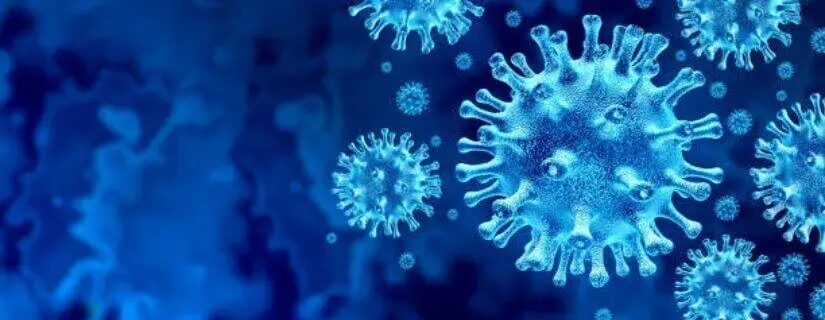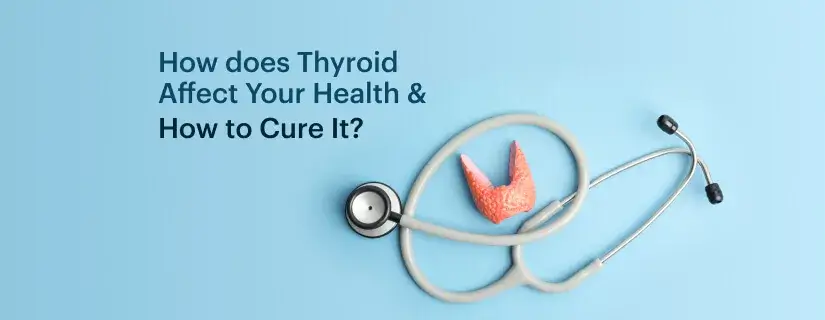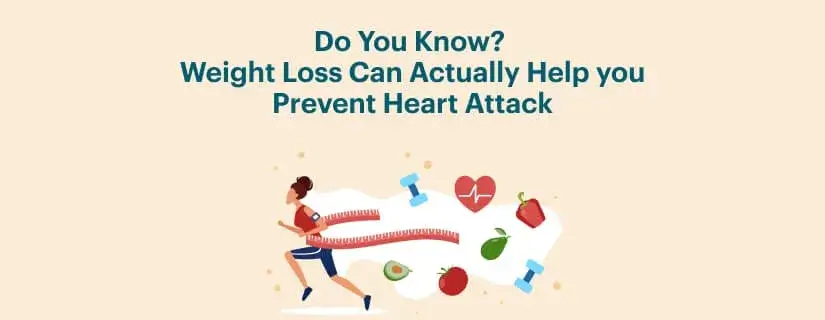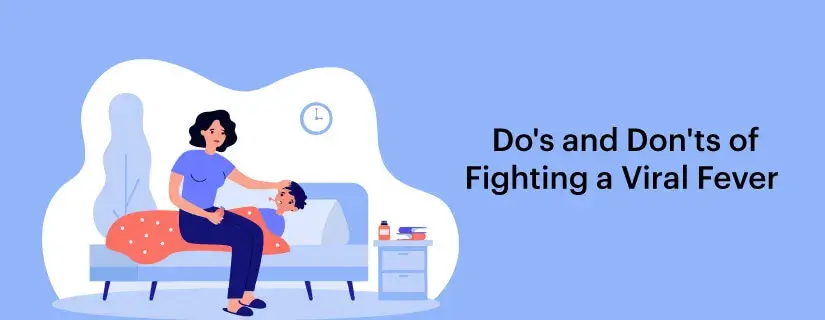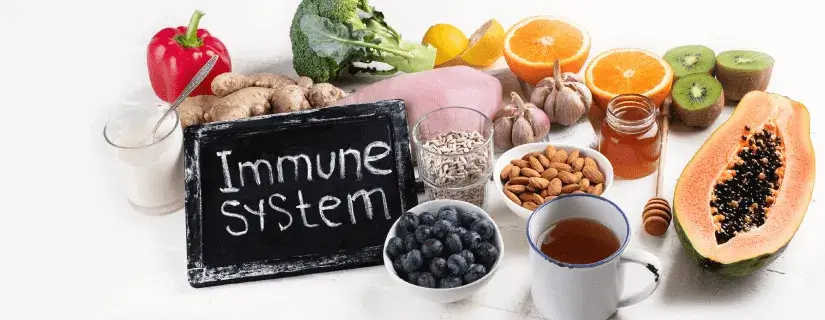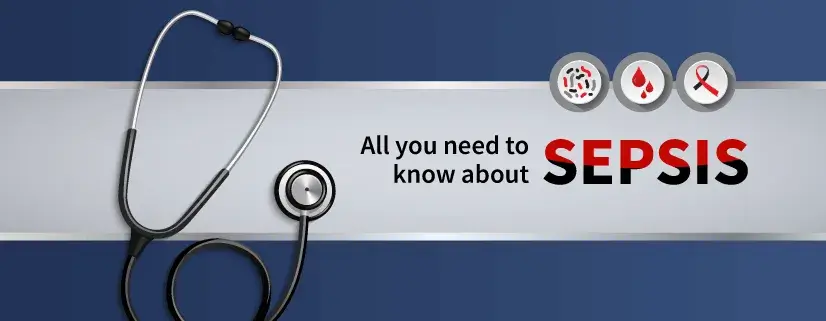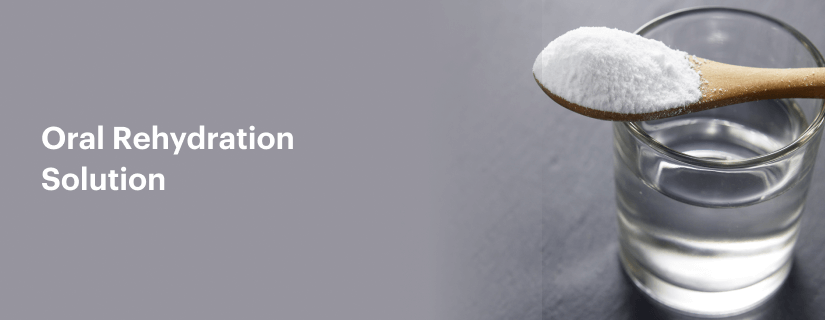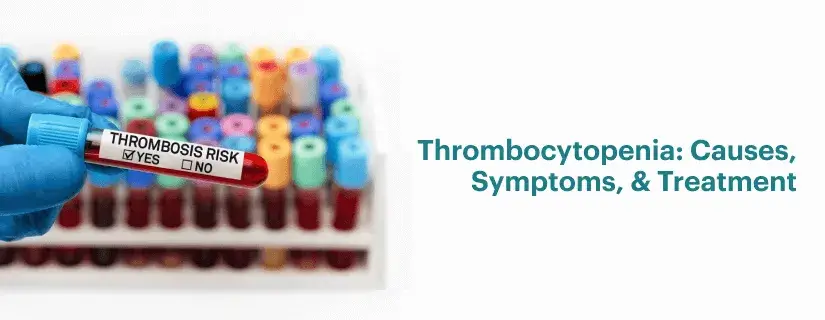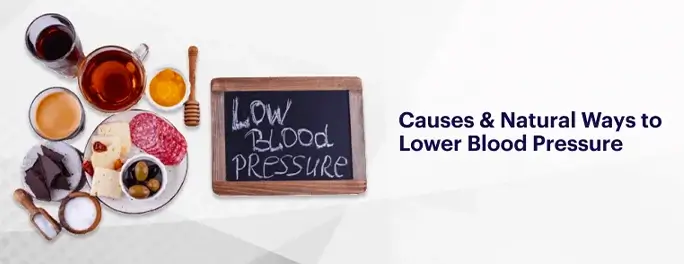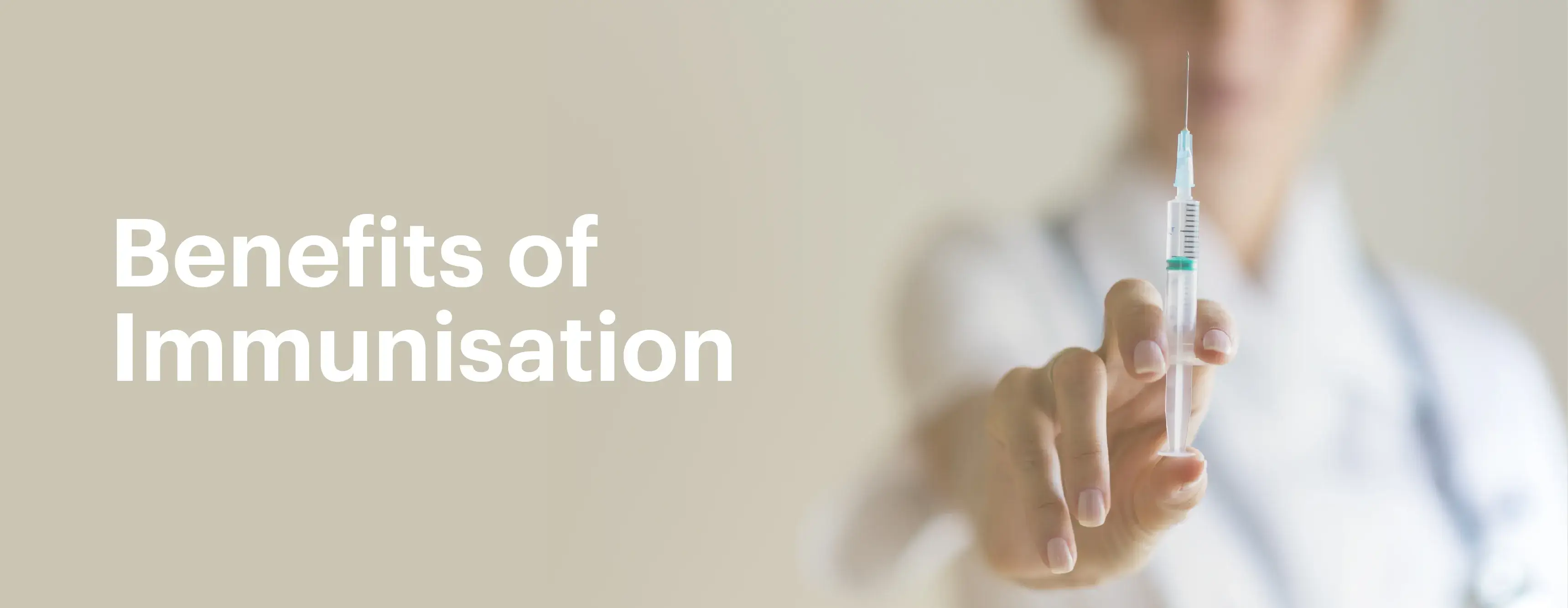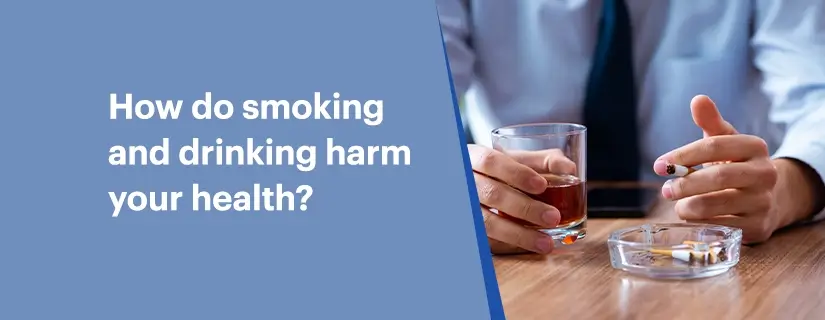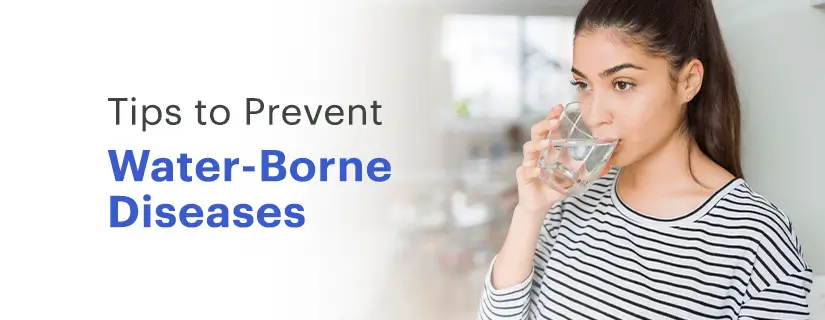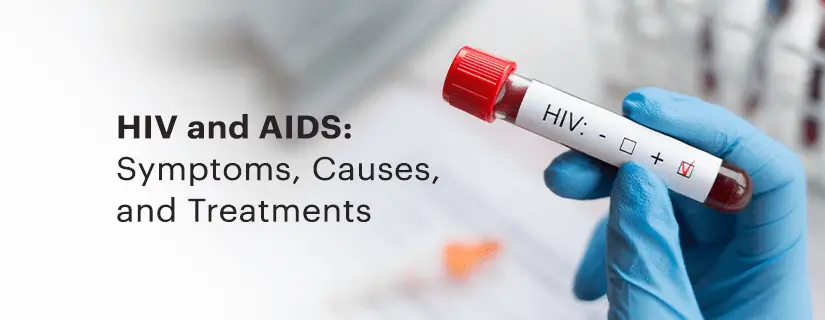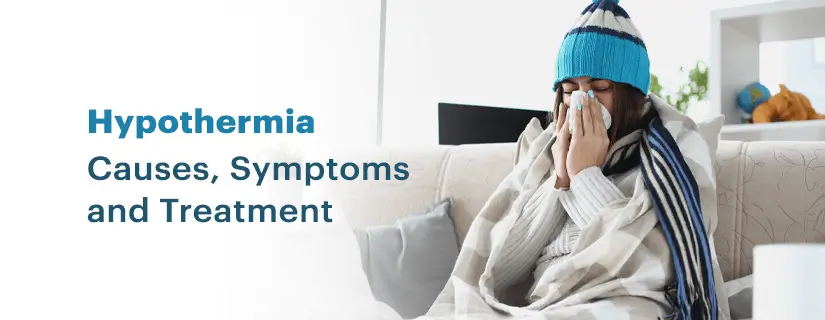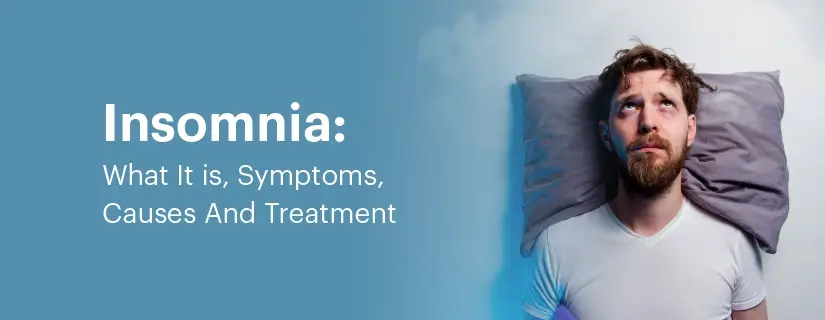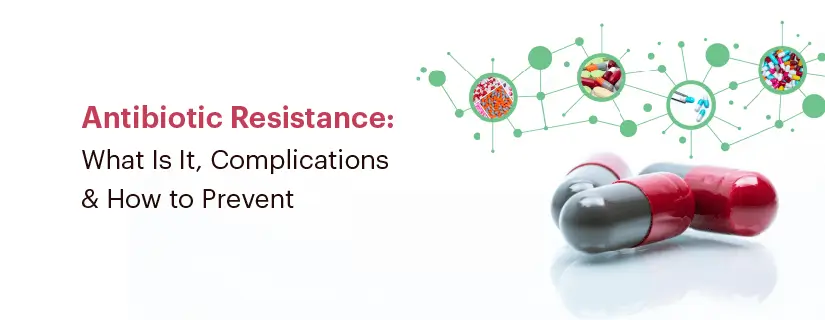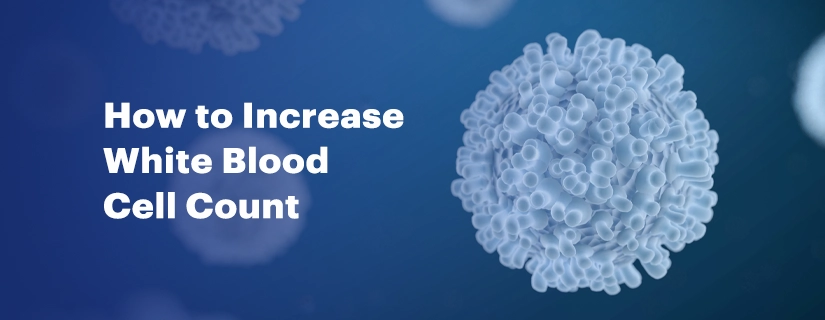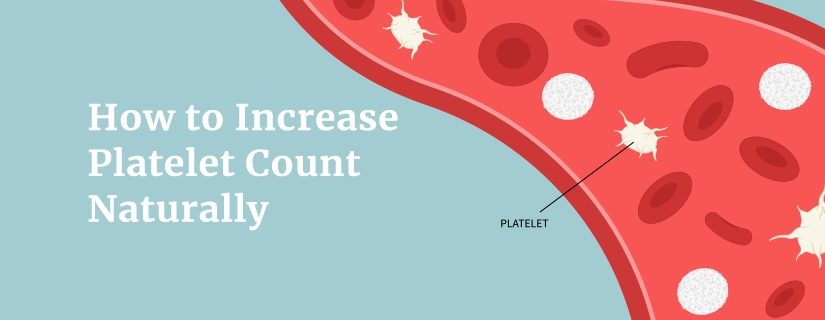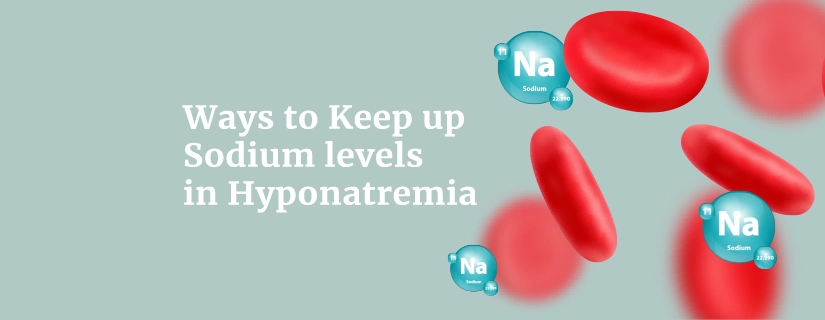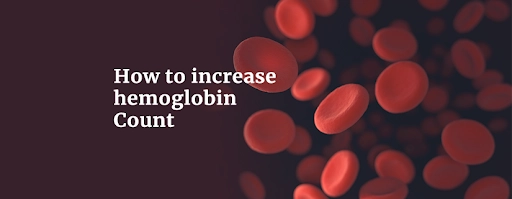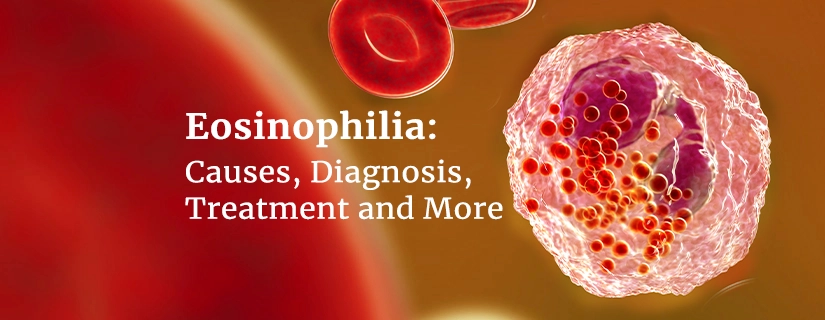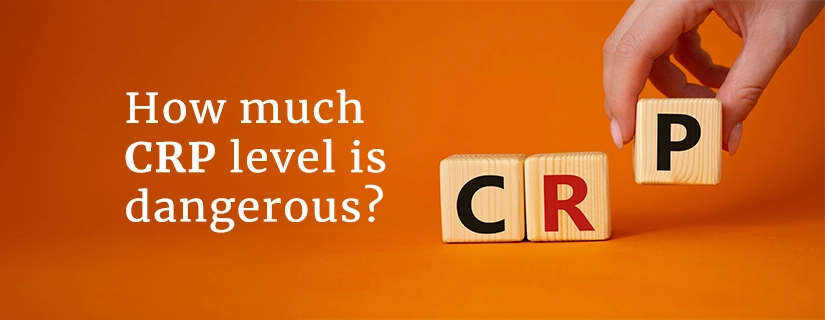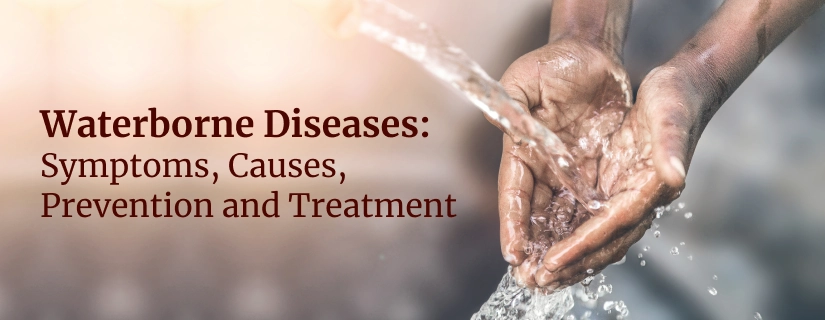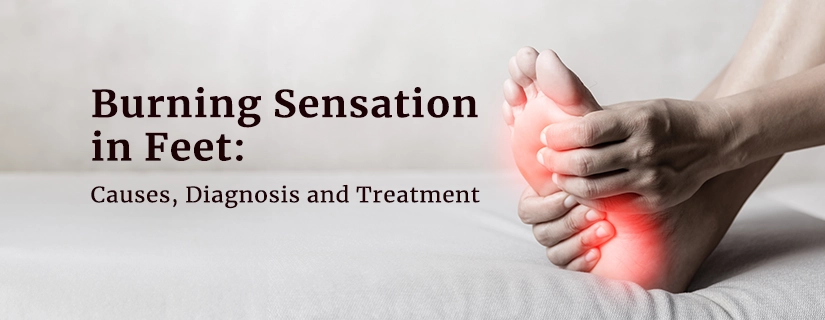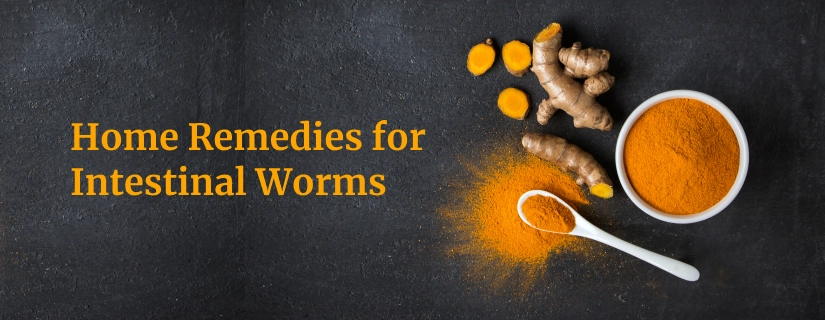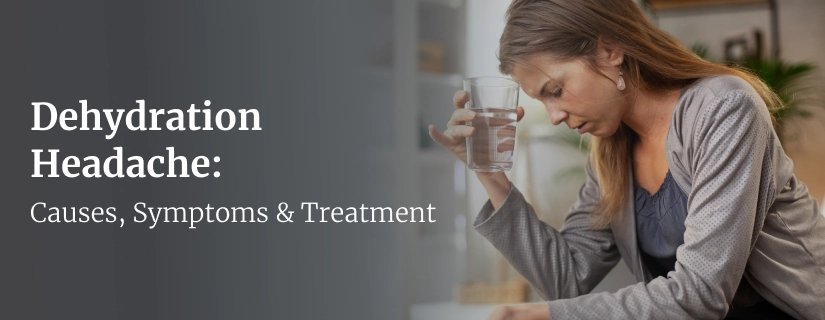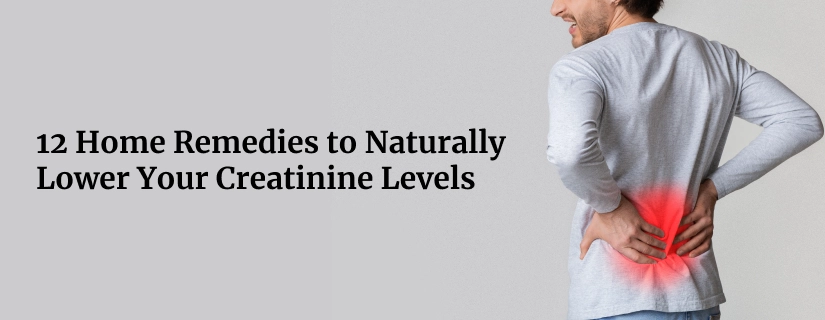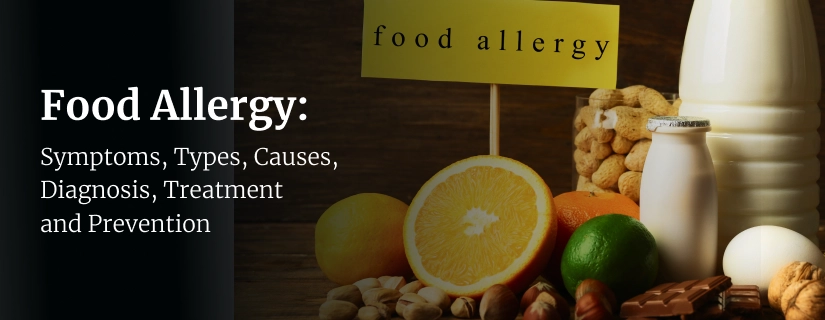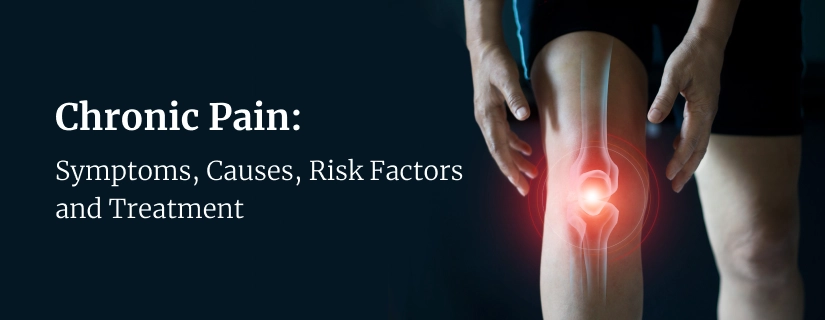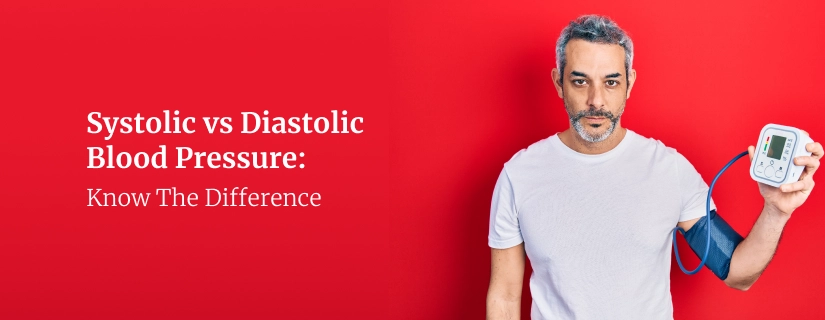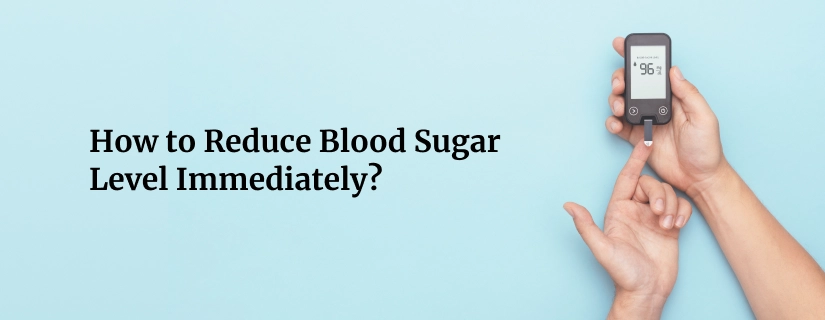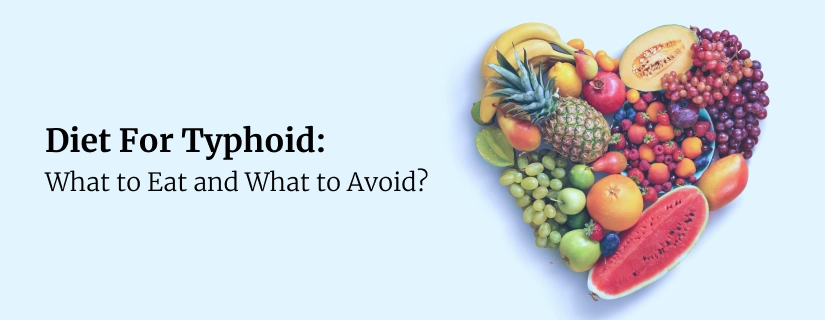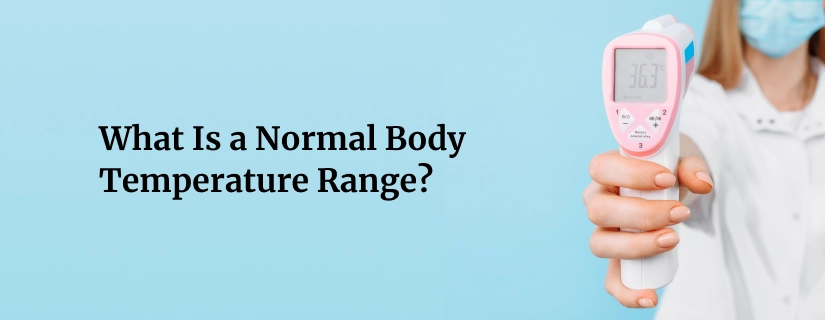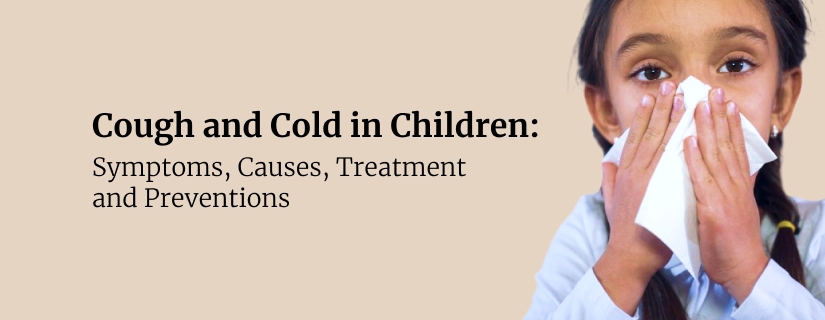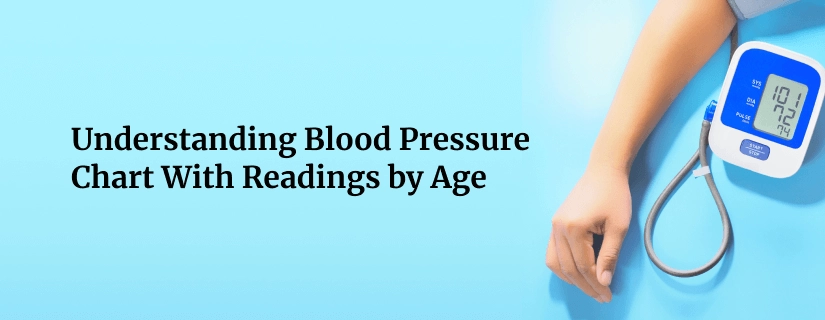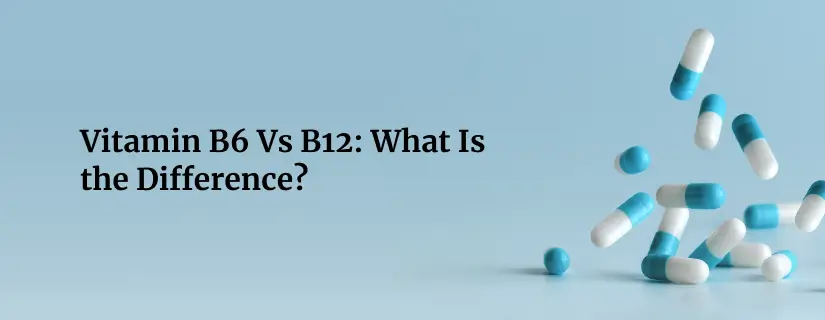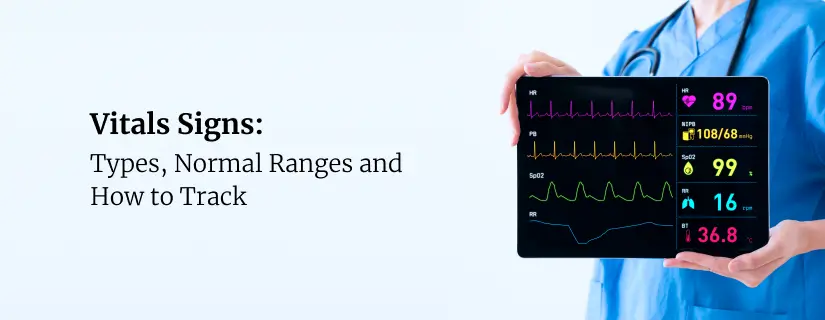-
Doctors
-
Specialities & Treatments
Centre of Excellence
Specialties
Treatments and Procedures
Hospitals & Directions HyderabadCARE Hospitals, Banjara Hills CARE Outpatient Centre, Banjara Hills CARE Hospitals, HITEC City CARE Hospitals, Nampally Gurunanak CARE Hospitals, Musheerabad CARE Hospitals Outpatient Centre, HITEC City CARE Hospitals, Malakpet
HyderabadCARE Hospitals, Banjara Hills CARE Outpatient Centre, Banjara Hills CARE Hospitals, HITEC City CARE Hospitals, Nampally Gurunanak CARE Hospitals, Musheerabad CARE Hospitals Outpatient Centre, HITEC City CARE Hospitals, Malakpet Raipur
Raipur
 Bhubaneswar
Bhubaneswar Visakhapatnam
Visakhapatnam
 Nagpur
Nagpur
 Indore
Indore
 Chh. Sambhajinagar
Chh. SambhajinagarClinics & Medical Centers
Book an AppointmentContact Us
Online Lab Reports
Book an Appointment
Consult Super-Specialist Doctors at CARE Hospitals
The importance of Vitamin D in winter and how we can prevent deficiency
Updated on 24 January 2022

It is common knowledge by now that Vitamin D is integral to the body’s functioning. A deficiency in this Vitamin can cause unwanted problems and hinder our lifestyle. This is even more so the case in winter. As we all know, the sun's rays are the most abundant source of Vitamin D. However, during the winter months, sunlight isn’t as abundant as compared in the other seasons. This significantly increases the likelihood of acquiring Vitamin D from the sun, which may cause Vitamin D deficiencies to be more common. Solving the problem of Vitamin D requires a comprehensive understanding of what Vitamin D does for our body and how we can make the most out of it. If need be, you can also get guidance on the importance of vitamin D from the best dietician in Hyderabad.
Why is Vitamin D important?
Three key reasons that determine the importance of vitamin D in our body are as follows:
- Strengthening the bones: Vitamin D is essential in facilitating calcium and phosphorus to build bones. Without this, bones are susceptible to becoming brittle, weak, soft, and even conditions such as rickets.
- Calcium absorption: Vitamin D promotes the optimal absorption of Calcium from our food, which is important in the health and maintenance of different parts of our body - from our teeth to our blood.
- Synergy with parathyroid glands: Vitamin D works together with the parathyroid glands to regulate Calcium levels in the bloodstream. This happens in conjunction with the kidneys, gut, and skeleton.
Signs and Symptoms of Deficiency of Vitamin D
Some of the signs and symptoms seen in a person who has very low levels of Vitamin D can include,
- Muscle weakness, muscle aches, muscle cramps
- Bone pain
- Mood changes
- Depression
- Rickets (very rare cases) in children
- Defect bone mineralization can lead to osteomalacia and osteoporosis in adults.
Medical conditions that may increase the likelihood of being Vitamin D deficient
Vitamin D can also be the result of certain medical conditions, the most prominent of which are,
- Obesity: Fat cells don’t allow VItamin D to be released into the bloodstream. This is why higher Body Mass Indexes are often associated with lower Vitamin D levels.
- Kidney and liver disease: They reduce the amounts of required enzymes needed to change Vitamin D to the form it is utilized in by the body.
- Cystic fibrosis, Crohn’s disease, celiac disease: These diseases prevent the intestines from absorbing sufficient Vitamin D.
Primary sources of Vitamin D
Apart from natural sunlight, the following are some sources of Vitamin D,
- Foods: salmon, tuna, cod liver oil, egg yolk, orange juice, and fortified cereals.
- Nutritional supplements
- Recommended daily allowance: 1500 – 2000 units /day in adults.
Can too much Vitamin D cause problems?
Just like most other things, too much of a good thing can be bad symptoms of hypervitaminosis D are due to increased calcium in the blood. Some symptoms that may indicate overly high Vitamin D levels in the body are,
- Increased thirst and urination
- Reduced/ poor appetite
- Constipation
- Weakness
- Nausea
- Confusion
- Ataxia
To Book an Appointment, call:
ENQUIRY FORM
SELECT CATEGORIES
-
Neurosciences (16)
-
Neurology (37)
-
Neurosurgery (14)
-
Orthopaedics (48)
-
Oncology (33)
-
Obstetrics and gynecology (52)
-
Pulmonology (23)
-
Urology (20)
-
Nephrology (13)
-
Psychiatry (7)
-
Dietetics and Nutrition (111)
-
General Medicine (63)
-
Cardiac Sciences (32)
-
Vascular & Endovascular Surgery and Interventional Radiology (15)
-
Gastroenterology (46)
-
Endocrinology (23)
-
Plastic Surgery (10)
-
Critical Care Medicine (5)
-
COVID-19 (16)
-
Dermatology (16)
-
Emergency Care (1)
-
Ophthalmology (4)
-
Pediatrics (14)
-
Laparoscopic and Bariatric Surgery (8)
-
ENT (15)
-
Kidney Transplant (1)
-
Liver Transplantation and Hepatobiliary Surgery (5)
-
General Surgery (3)
-
Internal Medicine (5)
-
Medicine Information
5 Easy Exercises to Stay Fit During the Pandemic
Healthy Habits to Improve Your Health
YOU MAY ALSO LIKE
RECENT BLOGS
-

Preterm Birth (Premature Birth): Symptoms, Causes, Treatment and Prevention
13 May 2025
Read More
-

Rotablation Angioplasty: Benefits, Treatments, And Recovery Time
9 May 2025
Read More
-

What Is The Difference Between IUI and IVF?
9 May 2025
Read More
-

Venous Malformations: Causes, Symptoms, and Treatment
30 April 2025
Read More
-

Varicose Vein Foam Sclerotherapy: Treatment, Benefits, and Procedure
30 April 2025
Read More
-

Radiofrequency (RF) Ablation Treatment for Varicose Veins: Know More
30 April 2025
Read More
-

Varicose Vein Sclerotherapy: Treatment, Benefits, and Procedure
30 April 2025
Read More
-

Varicose Vein Endovenous Laser Ablation: Procedure, Benefits, Risks
30 April 2025
Read More
Have a Question?
If you cannot find answers to your queries, please fill out the enquiry form or call the number below. We will contact you shortly.




